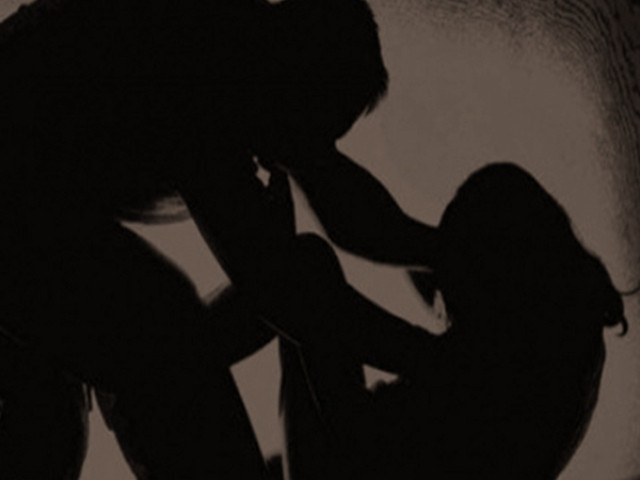Last Friday night, Sofia Shahid, a woman from Bhatti Colony in Rahim Yar Khan, filed a report with the Saddar Khanpur Police alleging that she had been raped by Qamar Khan Rind, the son of Pakistan Muslim League-N (PML-N) MPA Nawaz Khan Rind. Ms Shahid was interviewed by various local news channels while she was at the police station. She described how she was kidnapped from her house (along with her son) and raped by Qamar while his accomplices stood by. She also told reporters that the police were not cooperating with her and were yet to register her complaint.
While this matter will hopefully be sub-judice soon, this much can be said: a woman in Pakistan does not go to a police station and before the press to report being raped before thinking long and hard about it. There is no personal incentive to be gained here, that is not how Pakistani society works. In fact, as she herself said during her television interview, her life is in danger since she came forward with these allegations.
So let’s get this straight: Sofia Shahid is a very brave woman who dared to resist the unspoken diktats of a society still deeply beset with male chauvinism. Like Mukhtaran Mai she has chosen to try and bring to justice those who have committed the most horrific crime possible against her. Women like Sofia and Mukhtaran are not just fighting their own fight; they are the rare little earthquakes that shake the architecture of oppression suffocating underprivileged women in Pakistan. They are the screams that break through the fortress of the forced female silence that protects misogyny.
Sofia Shahid’s case echoes another one that occurred in March 2015 when a PML-N MPA, Rana Naveed Akhtar, was accused of raping a woman who was seven months pregnant. After initial coverage and a brief arrest, the media has gone silent on that particular case and there is no indication that anyone has been punished for the crime. This brings me to another point: the contribution of Pakistan’s VIP culture to the lack of accountability and justice within the legal system, including when it comes to crimes against women. Whether it is a General who tosses the constitution aside every 10 years like a used toy, or politicians that help their kin and henchmen get away with acid attacks, rape and murder, Pakistan’s elite have rendered the law meaningless. What respect can we expect the common man to have for the rule of law when it is treated with such disdain by national leadership?
Rape must not remain a taboo subject in Pakistan; the denial about the prevalence of rape in Pakistan is the first obstacle to fighting it. While rape statistics in Pakistan are woefully inadequate, figures based on hospital and police reports of rape alone tell a horrifying story. According to a 2014 fact sheet released by War Against Rape (WAR), 1,582 women were raped during the course of that year – virtually four women every day. In 2012, 2,788 cases of sexual abuse were reported, averaging to eight children a day.
The Human Rights Commission of Pakistan paints an even grimmer picture, stating that a woman is raped every two hours and that gang rapes occur at a frequency of one, every four to eight days. Both organisations claim that incidences of rape have increased steeply from the previous year. Sadly, the most reliable figures I found on the internet were a safety survey of Lahore by the US Department of State that gathered information from police stations across the city. The survey showed 144 reported rapes and 35 cases of gang rape in 2015, both marked increases over the previous year. The bottom line, reliable statistics or not, is that rape in Pakistan is not only widespread, it is growing rapidly.
Women and children must be educated through a public awareness campaign in order for them to be aware, to recognise, to report and to protect themselves against sexual predators. Organisations like WAR and Aurat Foundation have worked tirelessly to raise awareness but have never received the support and funding they need to make a meaningful impact.
Ultimately though, we cannot achieve anything without addressing the impotency of the law. No amount of social activism or education can substitute or compensate for a system in which crimes go unpunished. Rape is a violent crime and until and unless it is punished without prejudice it will only continue to stalk the women of Pakistan.
The son of an MPA raped me: Will I not get justice?
Why should the common man have respect for the law when it is treated with such disdain by national leadership?



COMMENTS
Comments are moderated and generally will be posted if they are on-topic and not abusive.
For more information, please see our Comments FAQ